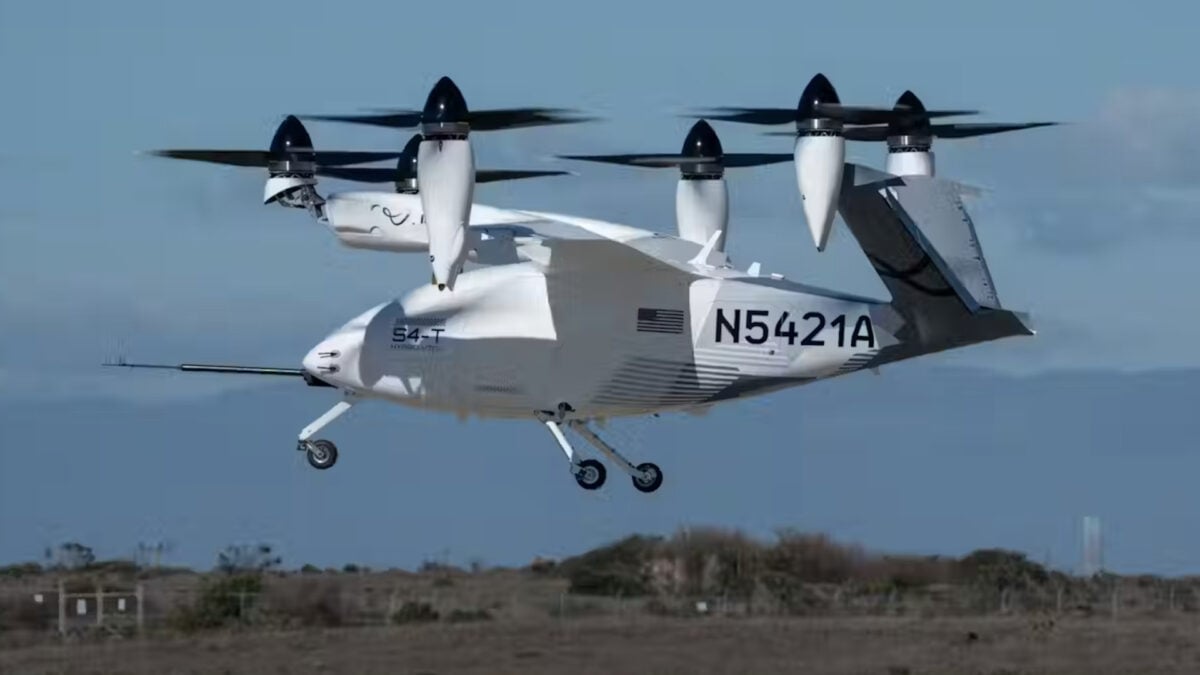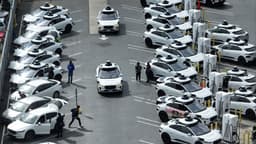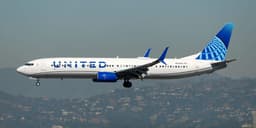Home / Technology / Joby Aviation Flies Hybrid Flying Car for Military Applications
Joby Aviation Flies Hybrid Flying Car for Military Applications
15 Nov
Summary
- Joby Aviation's new hybrid aircraft designed for defense customers
- Integrates turbine electric powertrain and autonomous flight system
- Aims to deliver innovation for U.S. military's next-generation aircraft

Just three months ago, Joby Aviation announced a partnership with defense contractor L3Harris to develop a new hybrid version of its flying car concept for military use. On November 7, 2025, the California-based startup successfully conducted the first flight of this turbine electric, autonomous vertical take-off and landing aircraft at its facility in Marina, California.
Joby's new hybrid aircraft builds on the company's existing technology for its all-electric air taxis, which are designed for short, yet pricey, trips in places like Dubai and Saudi Arabia. By integrating a hybrid turbine powertrain and Joby's SuperPilot autonomous flight system, the new aircraft is capable of carrying heavier payloads and traveling longer distances than the current battery-powered version.
Through the partnership with L3Harris, Joby will also add sensors, surveillance, communications systems, and mission equipment onto the aircraft, allowing it to be repurposed for use by the U.S. military. "The magic of dual-use technology is that it creates value in both directions," said JoeBen Bevirt, CEO and founder of Joby. "By building on our proven technology stack, our partners can rapidly deliver new capabilities for the Department of War while we benefit from advancing the maturity of our hybrid and autonomous systems."
Joby is aiming to capitalize on the growing demand by the U.S. military for autonomous and hybrid aircraft. The company noted that the government has allocated roughly $9 billion in the 2026 budget to go toward developing next-generation aircraft. Joby will continue to test its new hybrid aircraft and hopes to begin operational demonstrations with government customers by next year.




